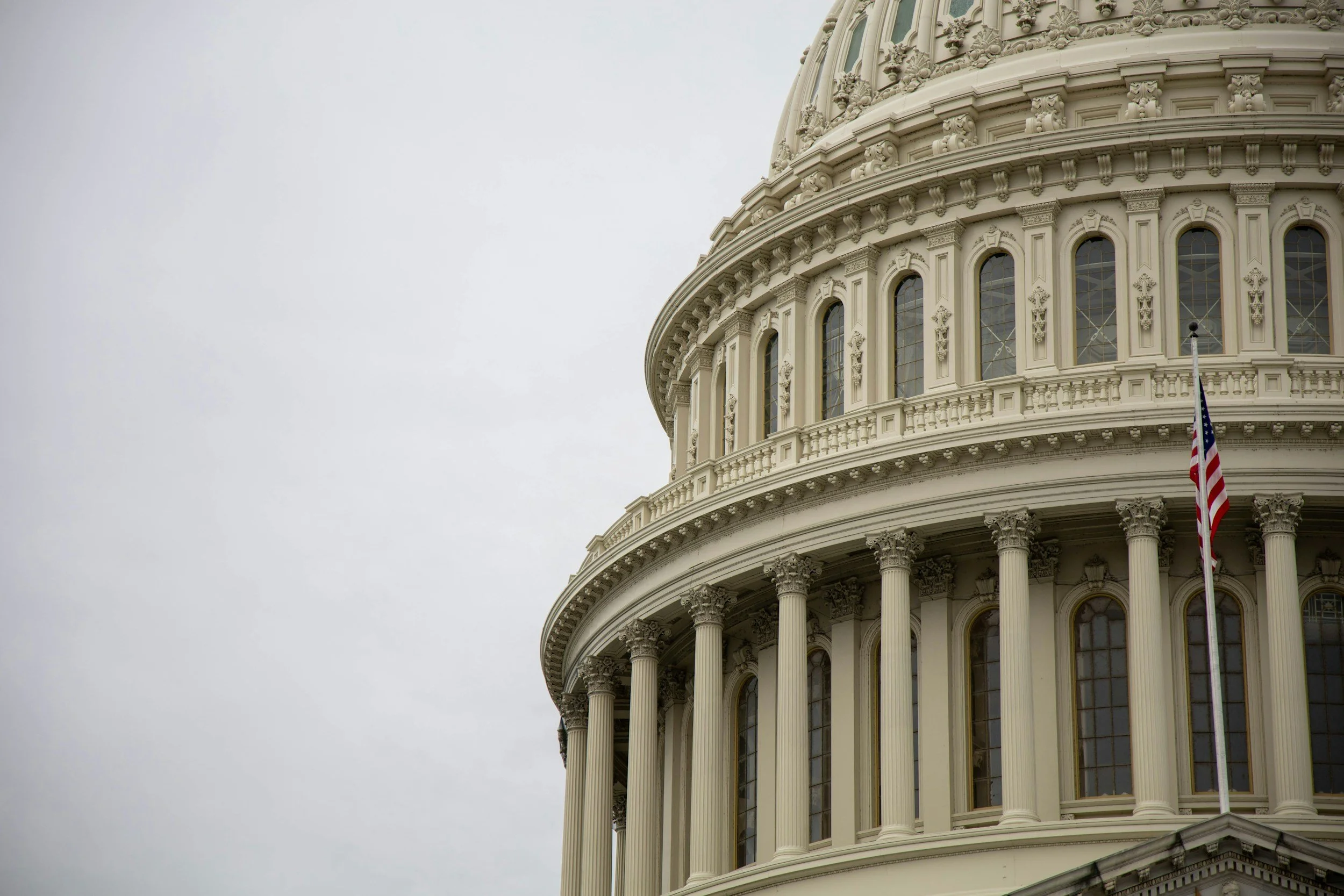New regulation codifies helpful changes to H-1B program; effective January 17, 2025.
USCIS Announces Changes to the H-1B Registration Program
Physical Inspection of Remotely-Verified Form I-9 Documents Required by August 30, 2023; DHS Authorizes Alternative Virtual Procedure for Certain E-Verify Employers
U.S. Department of State Raises Visa Processing Fees Effective May 30
A new regulation from the U.S. Department of State (DOS) will raise key visa processing fees, effective May 30, 2023. For example, the Machine Readable Visa (MRV) fee for F-1, J-1, and other non-petition-based visas rises 15.6 percent, from $160 to $185, and the MRV fee for petition-based categories, such as H-1B and O visas, rises 7.9 percent, from $190 to $$205. The final rule, published on March 28, 2023, raised most visa and border crossing card fees, but not as much as in the proposed rule, and the rule does maintain the current INA 212(e) 2-year home residence waiver application fee at $120.
DHS Interim Final Rule Removes Obsolete Procedures and Requirements Related to F, J, and M Nonimmigrants
On December 12, 2022, the Department of Homeland Security (DHS) published an interim final rule (IFR) in the Federal Register, titled Removal of Obsolete Procedures and Requirements Related to F, J, and M Nonimmigrants. The rule became effective on the date of publication, December 12, 2022; you can read the rule at 87 FR 75891 (December 12, 2022)
According to a December 8, 2022 Broadcast Message from the Student and Exchange Visitor Program (SEVP), the rule was published to "remove obsolete information, correct typographical errors, update references and citations, and make minor clarifications to regulatory language. These changes are administrative, not substantive, and are necessary to eliminate confusion, improve clarity, and remove obsolete procedures and requirements used before the implementation of the Student and Exchange Visitor Information System (SEVIS) or during the transition to SEVIS. This rulemaking does not raise existing costs and places no additional burden on F and M students, J exchange visitors, SEVP-certified schools or designated programs."
The rule is being published as an interim final rule, which means it is immediately effective as of December 12, 2022, but also gives the public 30 days to submit comments despite the rule already being in effect. The Federal Register notice contains information on how to submit comments.
The amendments remove references to obsolete procedures meant for non-SEVIS schools in the 2003 transition to SEVIS, remove references to "the Service" (which denoted INS, the legacy Immigration and Naturalization Service), and make other updates that reflect the new structures of DHS and SEVIS. One positive semi-substantive change is that the SEVP will make permanent the current COVID policy that allows schools to collect electronic signatures on Form I-17.
DHS Extends I-9 Flexibilities through July 2023; Proposes New Rule to Revamp I-9 Process
DHS Temporarily Increases EAD Auto-Extension for Certain Renewal Applicants
On Its Way: USCIS to Expand Premium Processing Options
DOL Announces Additional Delay in Effective Date of Regulation Affecting Wages for H-1B and PERM Workers (Mar. 22, 2021)
The Department of Labor (DOL) issued a Federal Register notice proposing to further delay the effective date of the Final Rule, Strengthening Wage Protections for the Temporary and Permanent Employment of Certain Aliens in the United States, for a period of eighteen months or until November 14, 2022. The DOL has also proposed corresponding delays to the rule’s transition dates. The DOL invites public comment on the proposed delay on or before April 21, 2021.
Under the law, an employer must pay an H-1B visa holder the higher of the prevailing wage or actual wage paid to similar U.S. workers, and in the permanent residence context, the employer generally must pay at least the DOL-determined prevailing wage. DOL currently determines the prevailing wage by using data from the government’s Occupational Employment Statistics (OES) wage survey and using a mathematical formula to create four levels of wages for each occupation. The regulation about would change how DOL's National Prevailing Wage Center (NPWC) applies its four wage-level system to generate prevailing wage determinations when Occupational Employment Statistics (OES) data is used as the wage data source. The result of the proposed changes would be significantly higher NPWC prevailing wage determinations impacting both the temporary (e.g., H-1B) and permanent (PERM) programs.
DHS Issues New Regulation Changing the H-1B Lottery Process; Challenges Likely (Jan. 8, 2021)
On Thursday, USCIS announced the final rule that will modify the H-1B cap selection process and amend current lottery procedures, relying on wage levels to select petitions for the temporary employment program. USCIS claims that modifying the H-1B cap selection process will incentivize employers to offer higher salaries, and/or petition for higher-skilled positions. However, the government’s legal basis for making such changes is tenuous, at best.
The final rule will be effective 60 days after its publication in the Federal Register, on March 9, 2021; challenges are expected. Most immediately, the new Biden Administration could delay the rule’s effective date, and pursue the rescission process under the Administrative Procedures Act. In addition, litigation is all but assured, as the rule was issued under the tenure of Chad Wolf, who courts have found is not lawfully exercising the powers of the Secretary of Homeland Security, and because the Department lacks legal authorization to make such changes under the statute.
To implement the rule, USCIS would be required to reprogram the H-1B Registration website that launched in 2020; given the time frame involved this, too, is likely to be a challenge. When the H-1B Registration program was first implemented in 2019, the re-vamped process of conducting the lottery had to be delayed a year while the website issues were worked out.
Goldblum & Pollins will continue to provide updates on the status of the new regulation and its impact on the current year’s cap-subject H-1B selection process.









